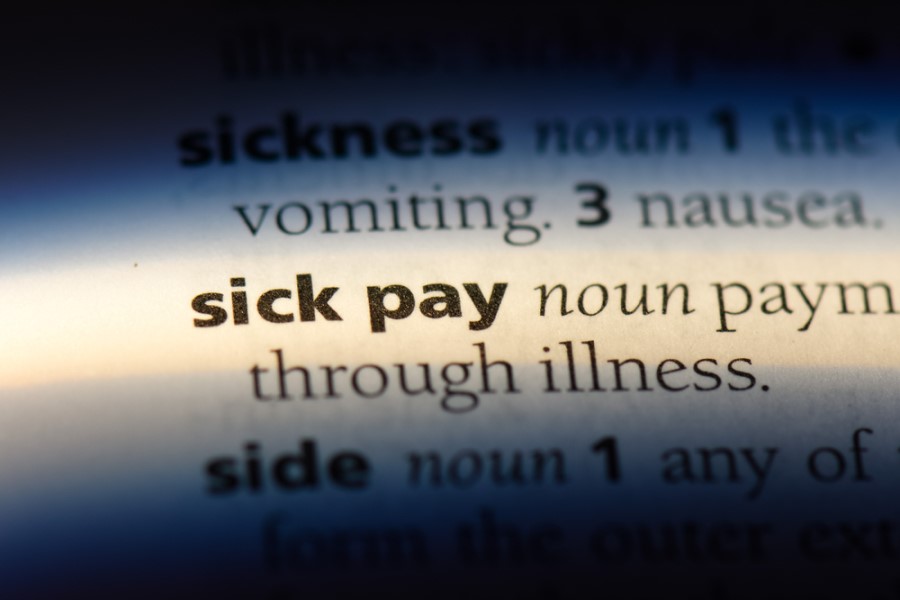COVID-19: sick pay, absence management and employment law

Sick pay and COVID-19
It is worth remembering that where there is no contractual right to sick pay employees are only entitled to Statutory Sick Pay (SSP). Earlier this month, the government announced a series of SSP-related measures in its spring Budget to assist employers and employees to get through this crisis, including:
- all those advised to self-isolate will be entitled to SSP, even if they have not presented with symptoms;
- they will reimburse small employers (with fewer than 250 employees) any SSP paid for the first 14 days of sickness in relation to COVID-19; and
- contributory Employment and Support Allowance (ESA) benefit claimants directly affected by COVID-19 or self-isolating according to government advice will also be able to claim SSP from day one.
The government decided, for the duration of the COVID-19 crisis, to relax the three-day qualification period before SSP was payable. There remains some confusion about whether this relaxation applies to all illnesses or just those related to COVID-19. Initially it was announced that it would apply to all illnesses, however, in the Budget, the Chancellor said SSP would be paid “for people who have COVID-19 or have to self‑isolate, in accordance with government guidelines”. Eligibility for SSP will, however, be extended to:
- individuals who are unable to work because they have been advised to self-isolate (presumably regardless of whether or not they have symptoms); and
- people caring for those within the same household who display COVID-19 symptoms and have been told to self-isolate.
It is unlikely that this will be the case when it comes to contractual sick pay where normally there is a requirement for employee’s to be sick in order to be entitled to it. However, it is open to employers, who offer contractual sick pay, to extend the circumstances when this paid period applies during these exceptional times.
Read the government's guidance for employers on Coronavirus and how to manage sick pay.
Absence management
Employers may need to consider whether absence(s) due to COVID-19 (actual illness or due to self- isolation) trigger their unsatisfactory attendance sickness absence policy. These policies are drafted to address genuine sick absences, therefore employers could treat COVID-19 like any other illness.
If the employee were subsequently dismissed following absences due to the COVID-19 crisis, employers risk being subject to a claim for unfair dismissal, where an Employment Tribunal (ET) would have to decide whether this dismissal was fair and within the band of reasonable responses open to it. We are in unchartered waters here so it remains to be seen how ETs would approach this question.
Can an employer compel workers to take paid holidays to facilitate self-isolation?
In a word, yes. The Working Time Regulations (‘WTR’) gives employers the power to compel a worker to take annual leave. Further, WTR allows employers to force a shutdown (for an isolation period) and compel workers to use their holidays during the shutdown period. However, the employer would be required to give notice of at least twice the length of the period of leave that the workers are being ordered to take.
Can an employer insist on its employees doing homeworking?
This depends on whether there is a mobility clause in the contract of employment and, if so, whether it has been drafted widely enough to include homeworking. Employers may also see to rely on the implied term that they owe a duty of care to take reasonable steps to protect employees from foreseeable risks, to insist on homeworking during the COVID-19 pandemic.
The author is Paul McFarlane, legal director at Capsticks.






